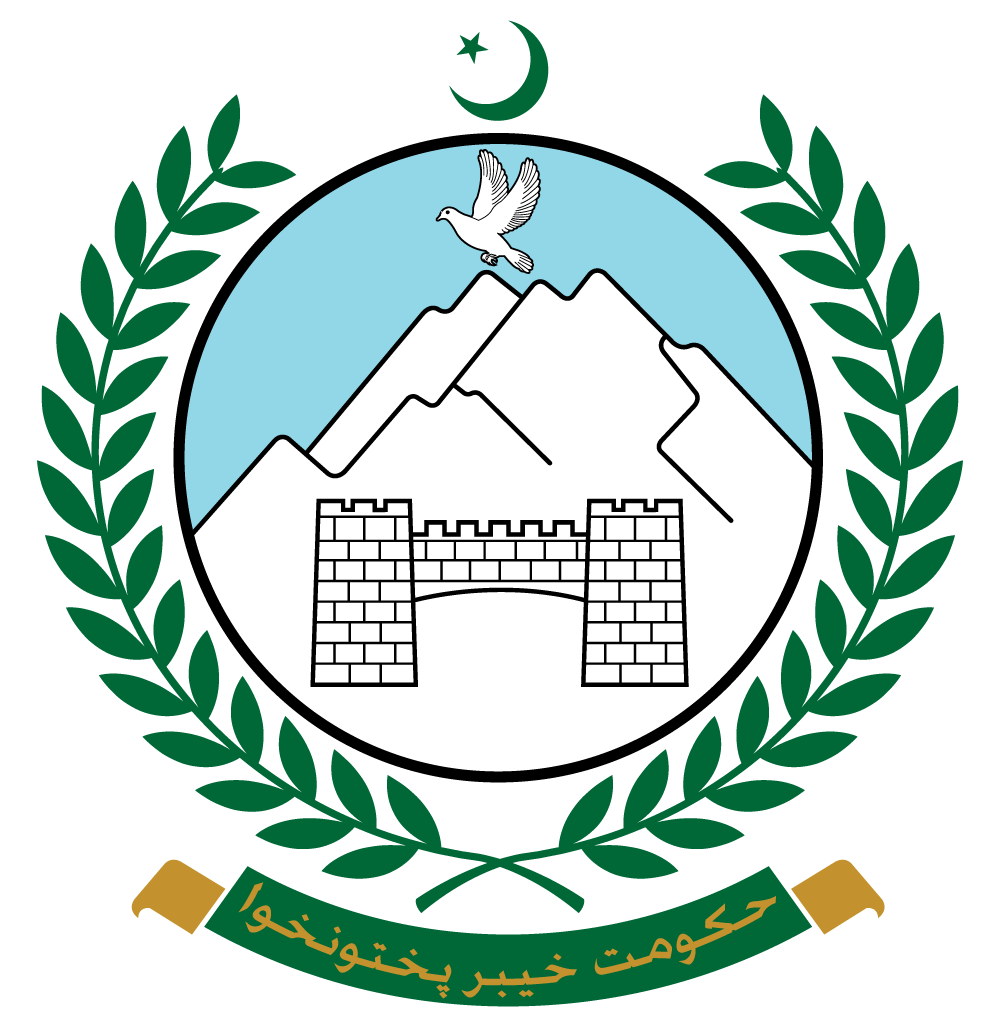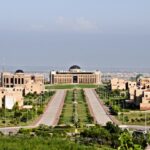Fakhar Alam
PESHAWAR, Mar 05 (APP):Hamayun Khan (49), an employee of the federal government’s department, was living a happy life with a smiley face in office and home unless he was diagnosed with pancreatic cancer by the doctors that proved fatal for him.
Known for sharing cracking jokes with friends and colleagues, Hamayun Khan, a resident of Pabbi Nowshera was unaware of being the victim of the disease, used his tractor in fields at his native town after duty hours in a bid to earn additional income to feed his six-member family in the wake of exorbitant price-hike and inflation.
“My father was very kind and loving personality, who was known for cracking jokes with his friends and office colleagues. I took him for a medical checkup to a private clinic at Dabagari Garden Peshawar since he was not taking meal properly, looking anemic and getting weaker and weaker with every passing day,” said Hamayun’s elder son Jalal Khan.
Jalal told APP that the doctor diagnosed the last stage of pancreatic cancer, which had badly affected his key organ and advised to pray for him as the disease was incurable. In desperation, Jalal took his father to one and the other private doctor in a bid to save his life and spent all the hard-earned money on his surgeries but to no use and finally Hamayun lost a battle for life as cancer had spread throughout the whole body.
According to the KP health department report, cancers and neoplasm were the second largest non-communicable diseases (NCD), which accounted 9.92per cent of total death in 2019 in Khyber Pakhtunkhwa. Among NCDs, the cardiovascular diseases claimed 21.95 percent patients’ lives out of the total casualties while the number of stroke and Ischemic heart disease cases have jumped to 0.236 million and six lac respectively in the province.
Likewise, four million people have suffered from a mental health disorder, 1.18 million with diabetes and 5.17 million with a liver disorder in the province as reported by the KP burden of disease data for the year 2019.
The burden of NCD group, which was 32.6 per cent (16,050 disability adjusted life years “DALYs” lost per 100,000 population) of the total burden in year of 2000, has increased its share to 39.5percent (15,457 DALYs per 100,000 population) in 2019 during PTI’s government tenure.
The neonatal mortality has remained 42 out of 1000 live birth while under five years mortality was recorded 64 out of 100 live birth while 53 infants died out of 1000 live births in the province.
Malnutrition was also witnessed in mothers and children besides stunting accounting 40.4 percent in the province where 30.2 percent women and 47.3 percent children were found anemic. Besides 41,129 cases of tuberculosis, 4,113 cases of HIV and AIDs were also reported.
The report revealed that only 1.2 percent essential and skilled health professionals including doctors, nurses, technicians and lady health workers were available for 1,000 people compared to the mandatory 4.44 percent staff for the same population necessary to achieve the universal health coverage (UHC) goals in 2019.
The essential universal health services (EUHCs) were not available in 57 percent primary healthcare centers in KP and 68 percent community health centers to deal with patients suffering from infectious and non communicable diseases, exposing PTI’s hallow claims of health reforms.
Ikhtair Wali Khan, PMLN spokesman and former member provincial assembly told the news agency that the report has exposed the poor performance of PTI’s incompetent rulers, who destroyed the healthcare delivery system during last 10 years in Khyber Pakhtunkhwa.
“The report’s findings prepared by former PTI Governments itself were alarming. It revealed that current services and essential staff were not sufficient to achieve UHC’s goals and has badly exposed various shortcomings in the community and primary healthcare centres during PTI Govt 10 years rule,” he said.
Ikhtair Wali said the patients of communicable and no communicable diseases have to wait for months to avail the sehat cards facility and accused the former PTI government for not implementing the MTI Reforms Act 2015 in its true spirit, resulting in an increase in the patients’ agonies.
He claimed that former PTI government despite its tall hallow claims and announcements has completely failed to construct cancer hospitals in Mardan and Chitral, resulting substantial increase of patients loads at IRNUM hospital at Peshawar.
Dr. Javed Sattar, Coordinator Health Sector Reforms KP told APP that KP government was working on a mega project for control and prevention of non-communicable diseases, and that preparation of PC-I for it was in final stage. Talking to APP, he said World Bank has pledged to provide USD 90 million for the project, which would be completed in five years in the province.
DHQs and THQs hospitals were being strengthened in terms of equipment, infrastructure, labs and staff in 32 districts of Khyber Pakhtunkhwa with the financial assistance of Asian Development Bank (ADB), he said and added that out of USD 100 million committed amount by ADB, USD 25 million has been so far received for the project that would be completed by 2026.
Dr Sattar said five members’ primary healthcare management committees for THQs and hospitals management committees at DHQs with representatives of doctors, LG representatives, civil society members and technicians were formed for speedy and transparent utilization of funds and financially supporting poor patients suffering from chronic diseases.
The KP government would spend Rs2 billion on strengthening and running of BHUs and primary healthcare centres through the private sector in 15 districts and Rs1.5 billion on maternal and newborn’s health and allied services.
Besides Insulin for Life and Cancer Protection Programs’, he said the KP government has identified 56 sites in merged tribal districts for establishment of new hospitals, basic health units and rural health centres. “Feasibility study of the project costing Rs12,440 million completed besides allocation of Rs3,900 million for it under Accelerated Implementation Program (AIP) 2022-23 and practical work on it would soon start,” said Mustaqeem Khan, senior planning officer KP health department while talking to APP.
Hepatitis, HIVs and AIDs control programs were made regular part of the budget while paraplegic centre at Bakakhel Bannu was being constructed with an estimated cost of Rs900 million for facilitation of spinal cord and orthopedics patients of merged areas.
He said Rs1.1 billion would be spent on the purchase of medicines for provision of free treatment to chronic diseases’ patients including cancers, adding the Khyber Pakhtunkhwa government has already approved Rs3.1 billion for three years for anti-cancer program.







